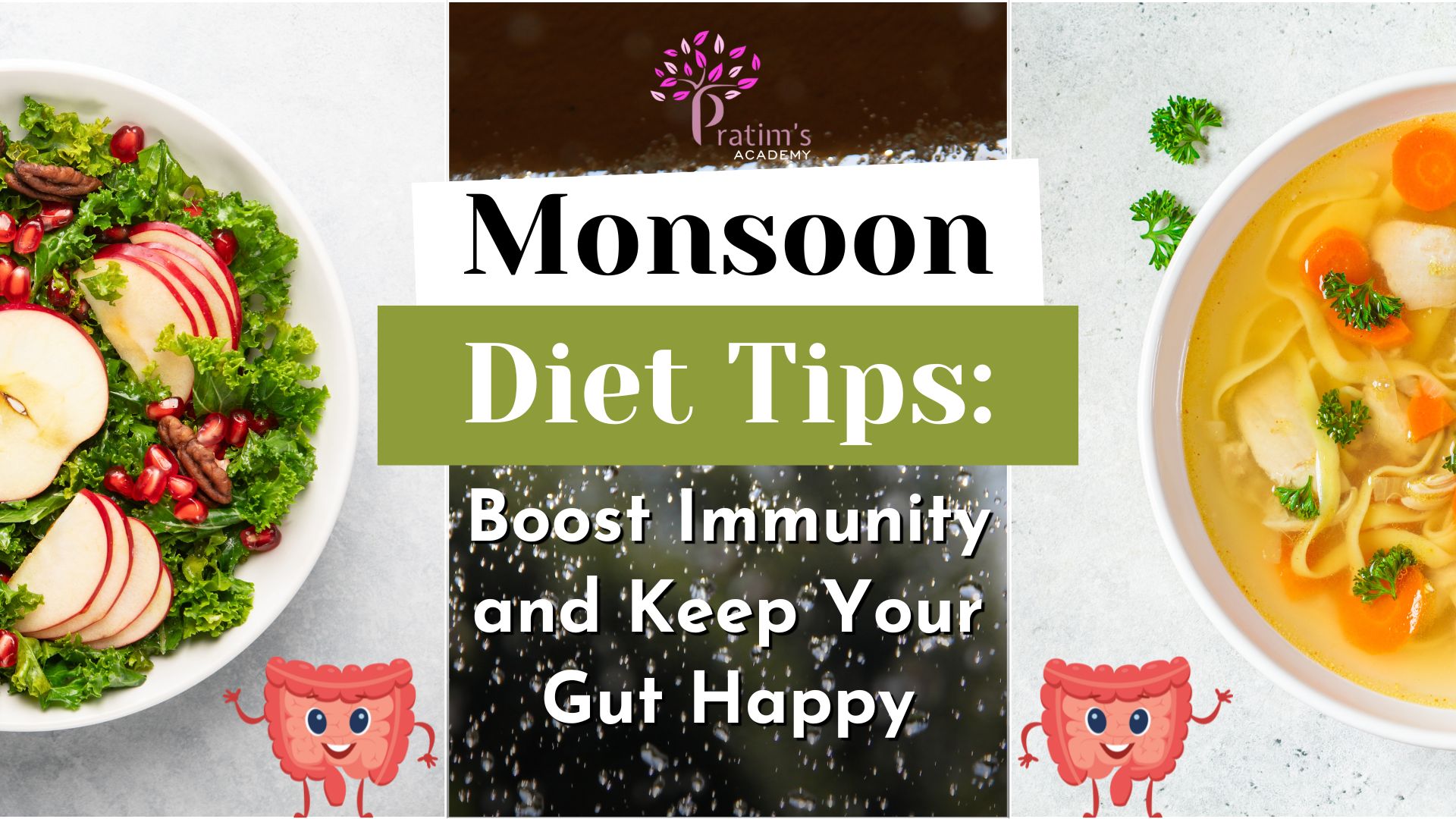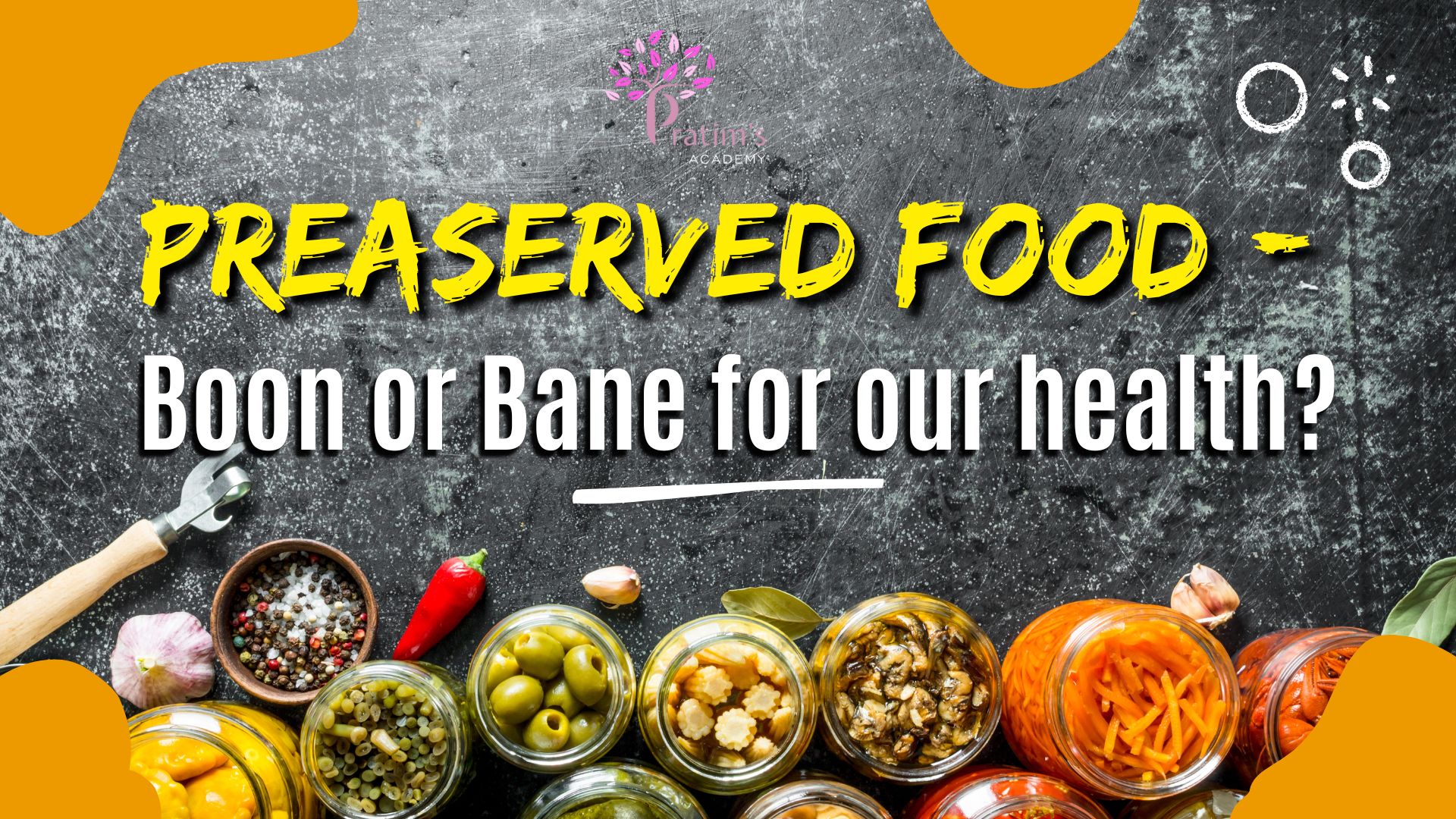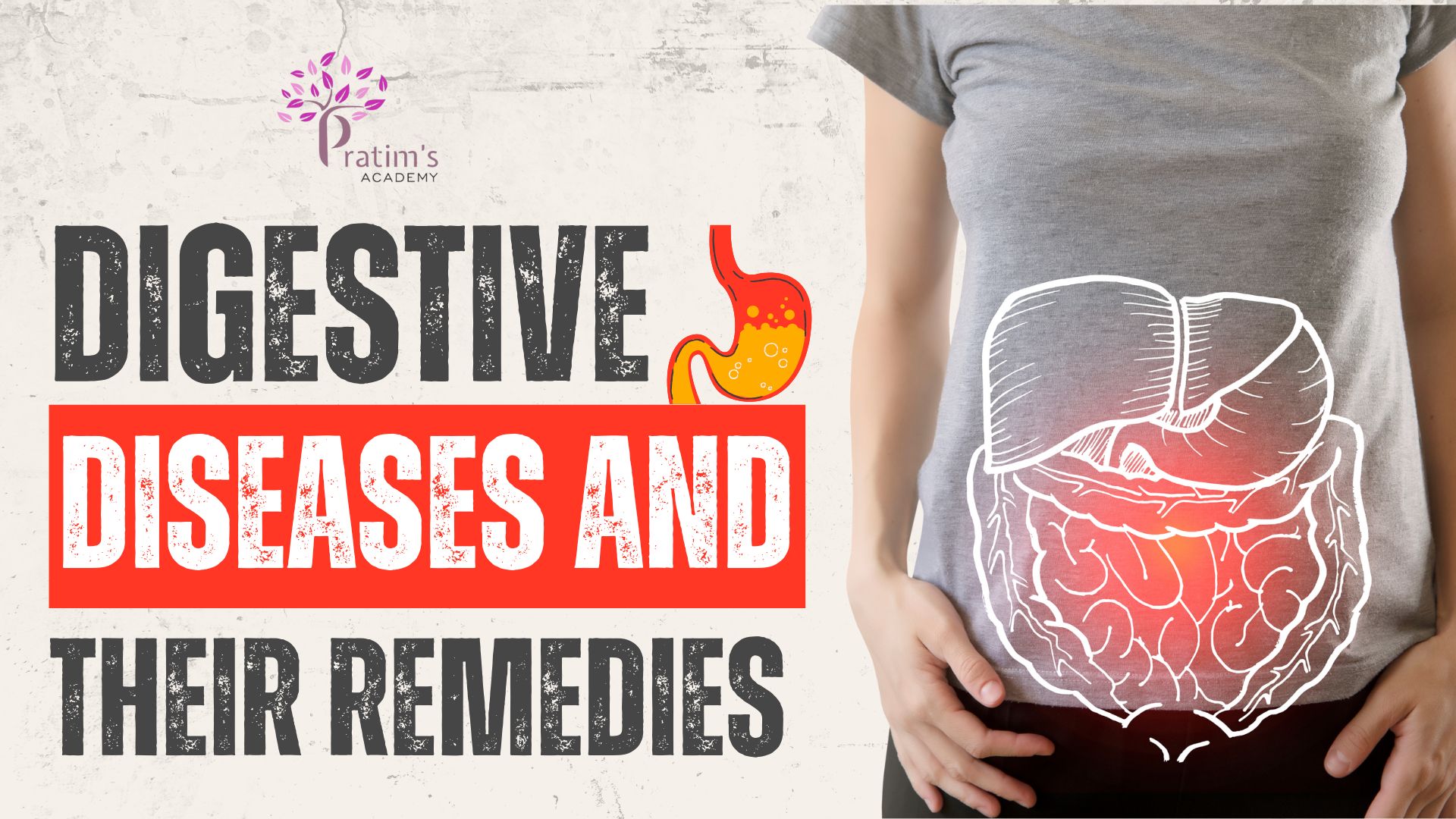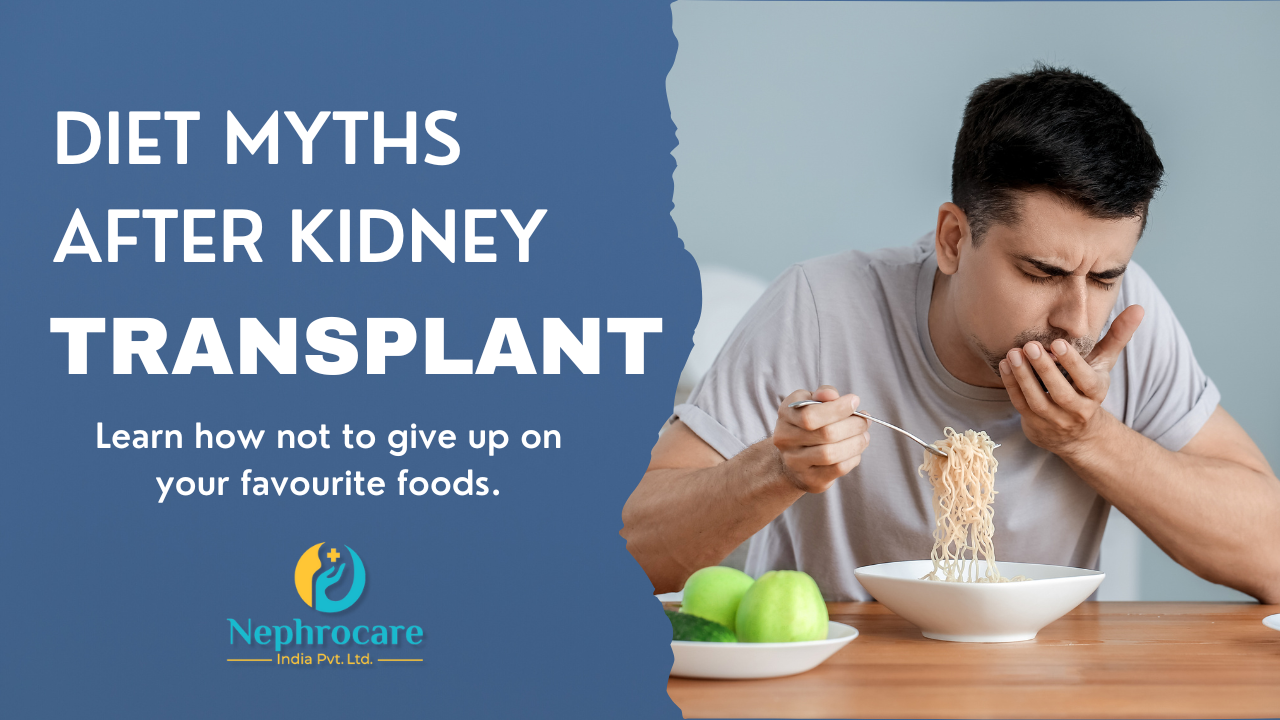
- 758
- 0
Diet Myths after a Kidney Transplant!
After a kidney transplant, it’s crucial to follow a healthy diet to support the function of your new kidney and maintain overall health. You may had some certain types of food and your diet and you may have a lot of queries after a kidney transplant about your lifestyle, diet and other basic things. However, there can be many myths and misconceptions about post-kidney transplant diets. Let’s separate some of the myths from the facts:
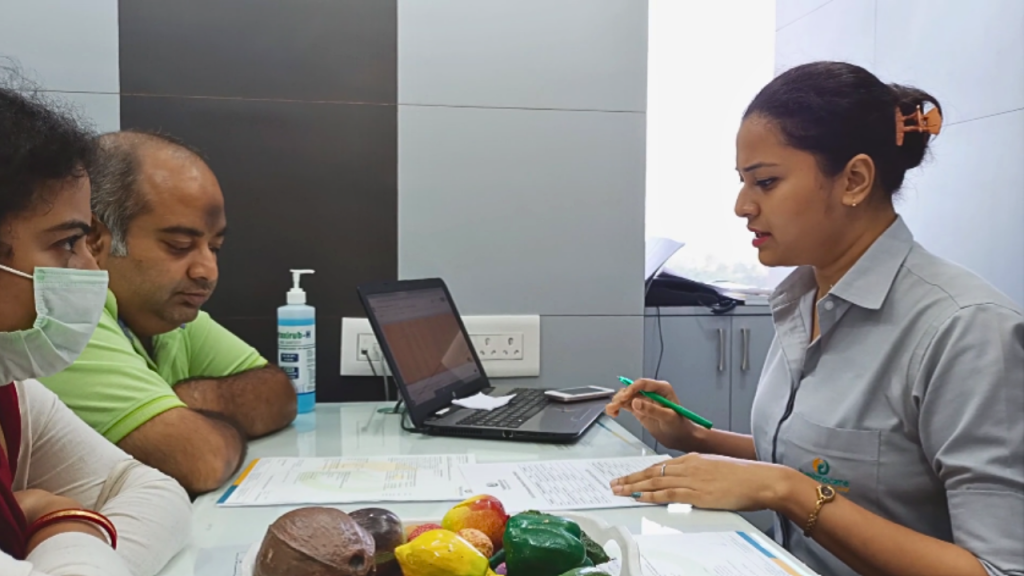
Myth 1: You can eat whatever you want after a kidney transplant.
Fact: This is a common myth, but it’s not true. While you have more dietary flexibility after a successful kidney transplant compared to when you were on dialysis, you still need to follow a kidney-friendly diet. Your transplant team will provide specific dietary guidelines tailored to your individual needs. E.g- When your serum phosphorus level is lower than normally it should be, your dietitian may advice you to include some milk and milk products or egg with its yolk portion, or when you have an increase in your other blood parameters, and they will adjust your diet as per your body’s requirement.
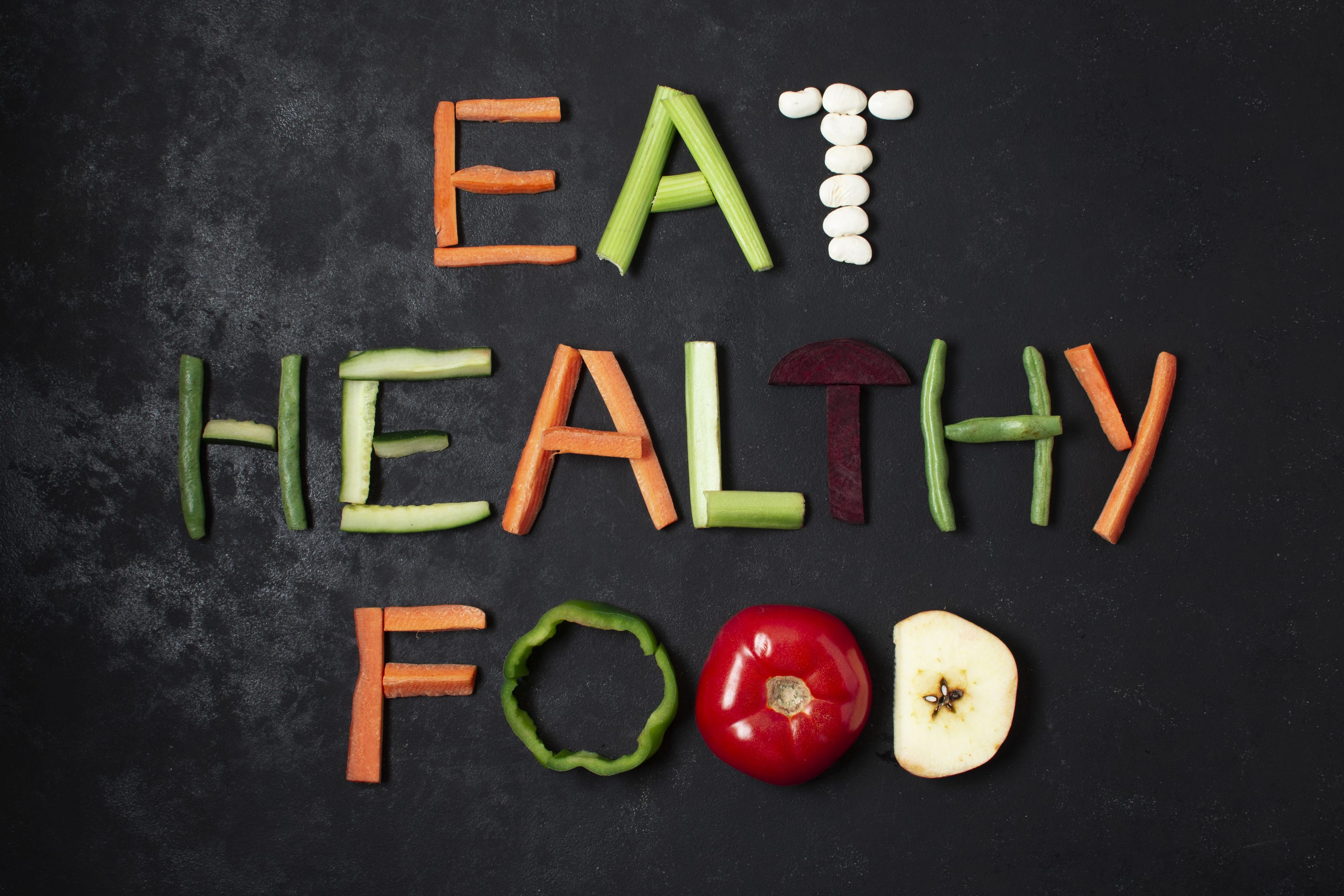
Myth 2: You should avoid all protein after a kidney transplant.
Fact: Protein is important for the healing process and overall health. However, it’s essential to monitor and control your protein intake, as excessive protein can put extra strain on your kidneys. Your healthcare team will help you determine the right amount of protein for your diet. After transplant, in first 3 months your diet should contain normal amount of protein whereas after 3 months, it will be moderate in amount.
Myth 3: You must drink a lot of water to protect your new kidney.
Fact: Staying hydrated is important, but excessive fluid intake can strain your new kidney. Your transplant team will provide guidelines for your fluid intake, which may vary depending on your kidney function and medications.
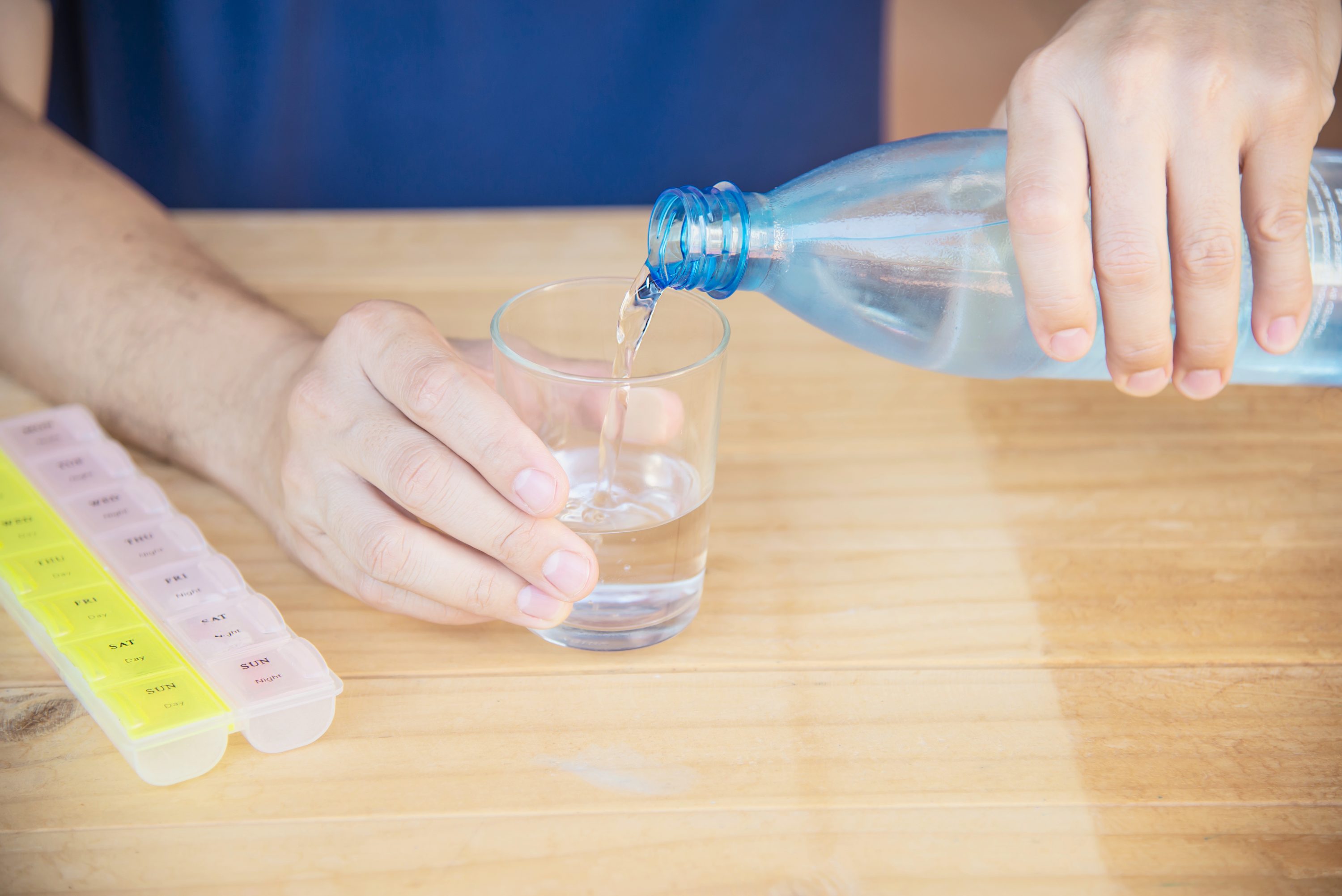
Myth 4: You should avoid all potassium-rich foods.
Fact: Potassium is an essential mineral, and your transplant team will provide recommendations on managing your potassium intake. In some cases, you may need to limit high-potassium foods, but it’s not necessary for everyone. It depends on your specific medical condition and kidney function.
Myth 5: You should avoid all phosphorus-rich foods.
Fact: Phosphorus control is crucial for kidney health, but it doesn’t mean you have to avoid all phosphorus-containing foods. Your transplant team will guide you on managing your phosphorus intake. Phosphorus binders may be prescribed to help control phosphorus levels in your blood.
Myth 6: You can’t enjoy any fruits and vegetables.
Fact: Fruits and vegetables are essential for a balanced diet. While some fruits and vegetables may be high in potassium, you can still enjoy them in moderation. Your transplant team will help you choose kidney-friendly options and manage your intake.
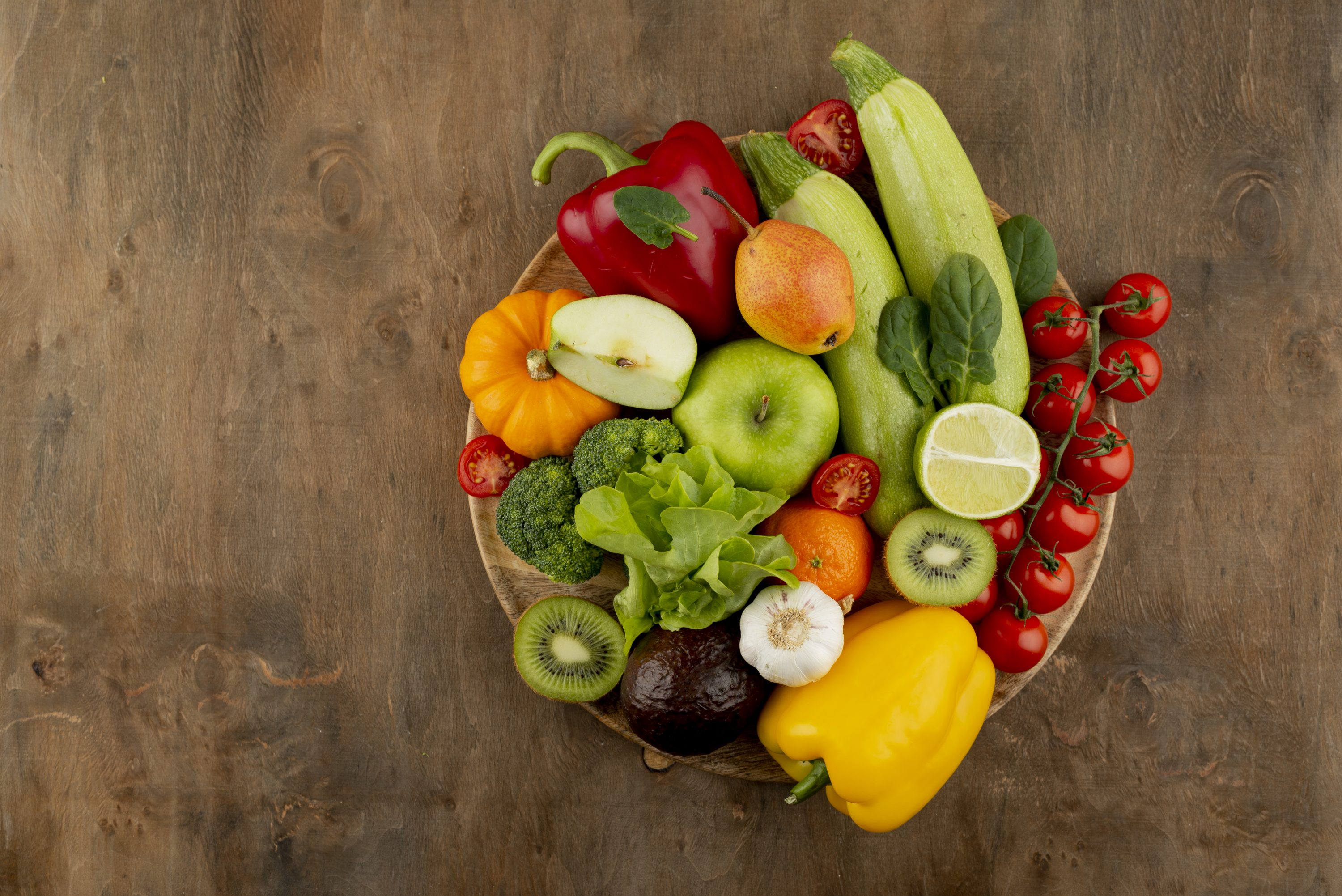
Myth 7: Alcohol is forbidden after a kidney transplant.
Fact: It’s essential to be cautious with alcohol consumption, especially if you are taking medications that interact with alcohol or if you have other health concerns. You should discuss alcohol use with your transplant team and follow their recommendations. In summary, post-kidney transplant dietary guidelines are highly individualized and should be followed closely under the guidance of your transplant team. It’s important to dispel myths and rely on evidence-based recommendations to ensure the long-term success of your kidney transplant and overall health.
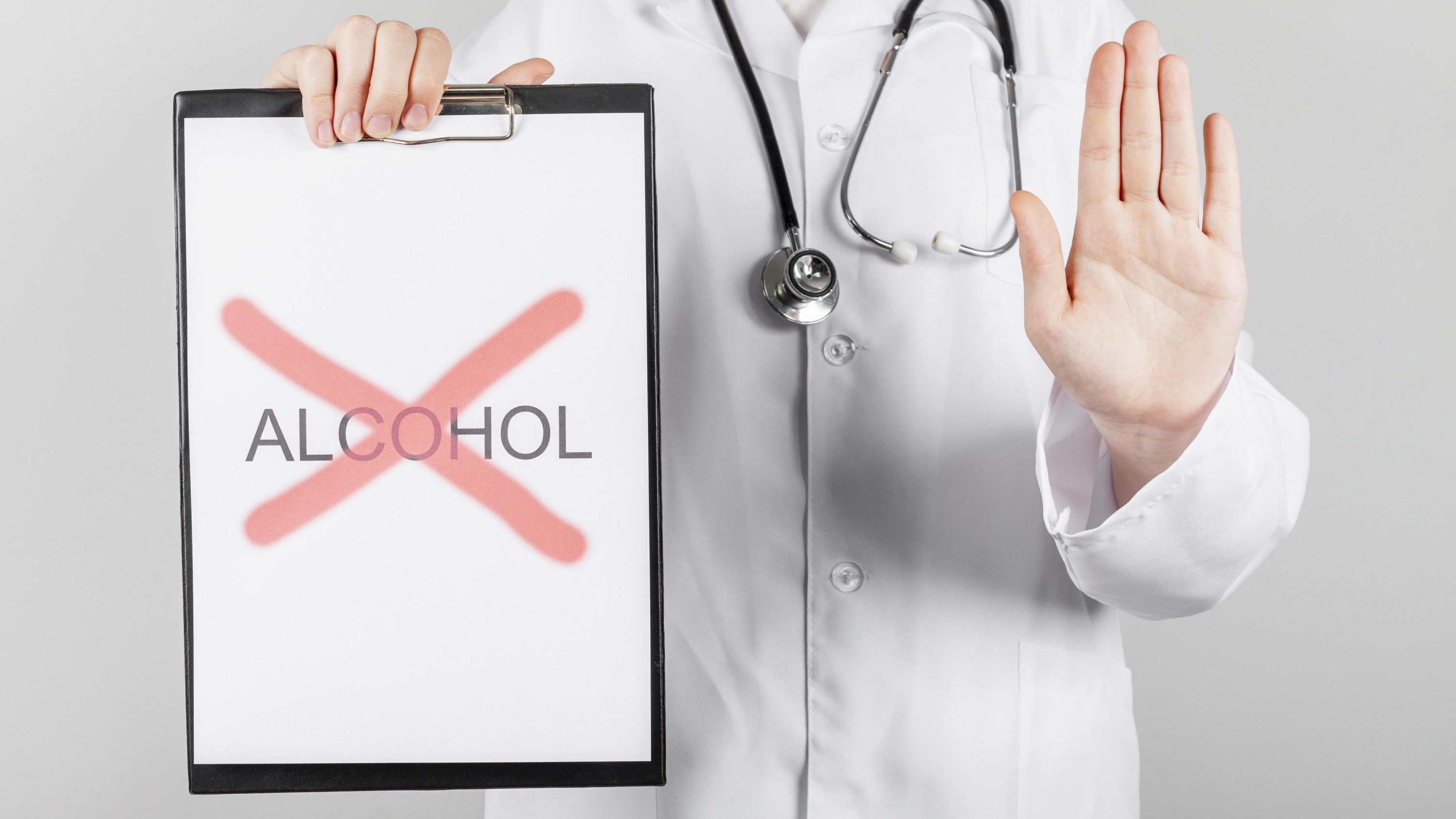
So, for any of your diet and lifestyle related query, contact your Nephrologist and Renal dietitian or you can join our renal cooking group for any assistance.
Comment
Check Your EGFR
***We Promise, no spam!

